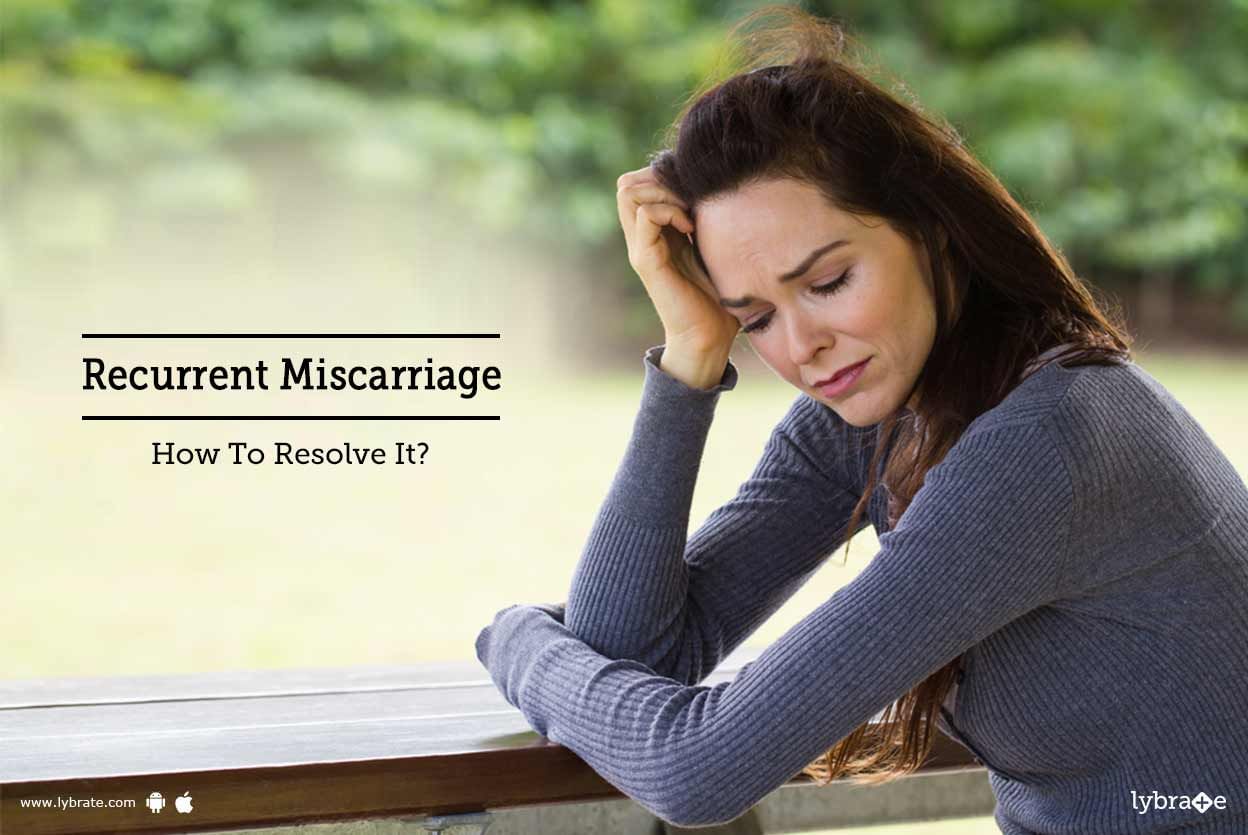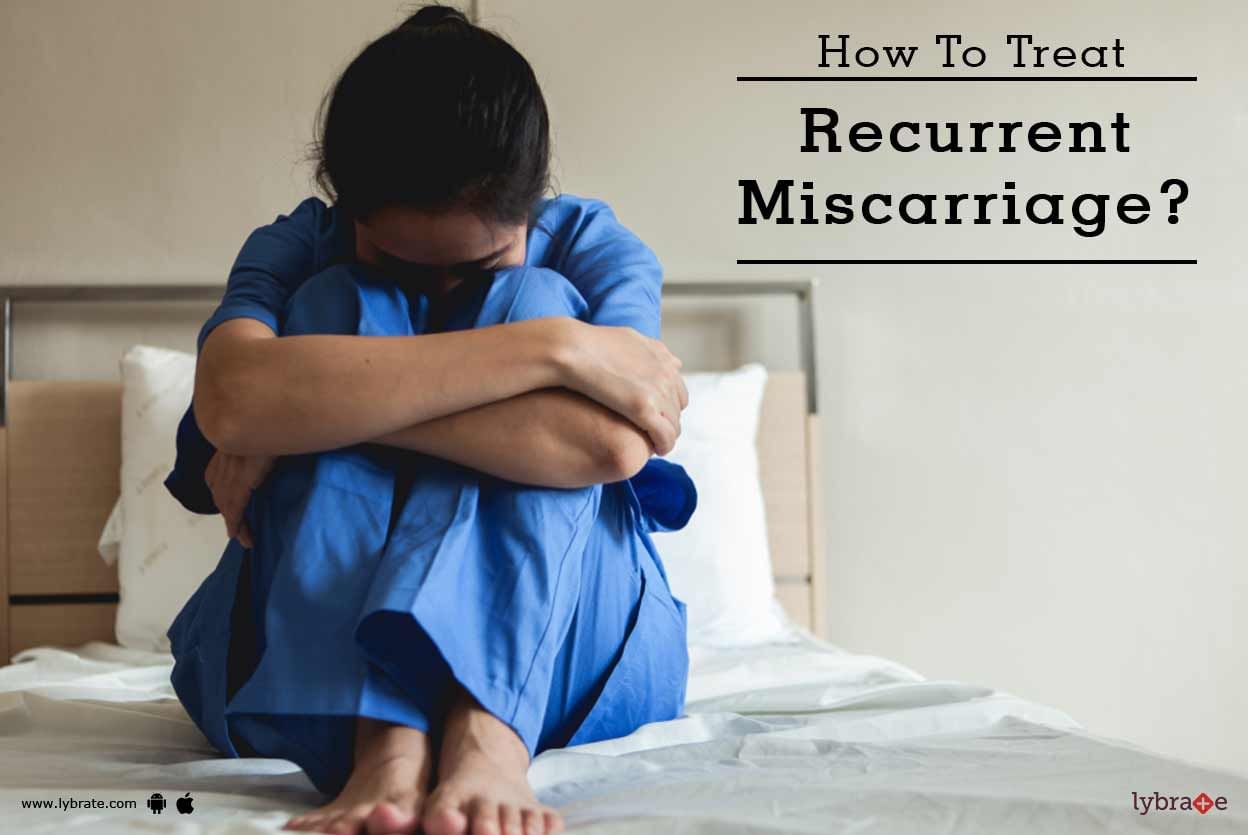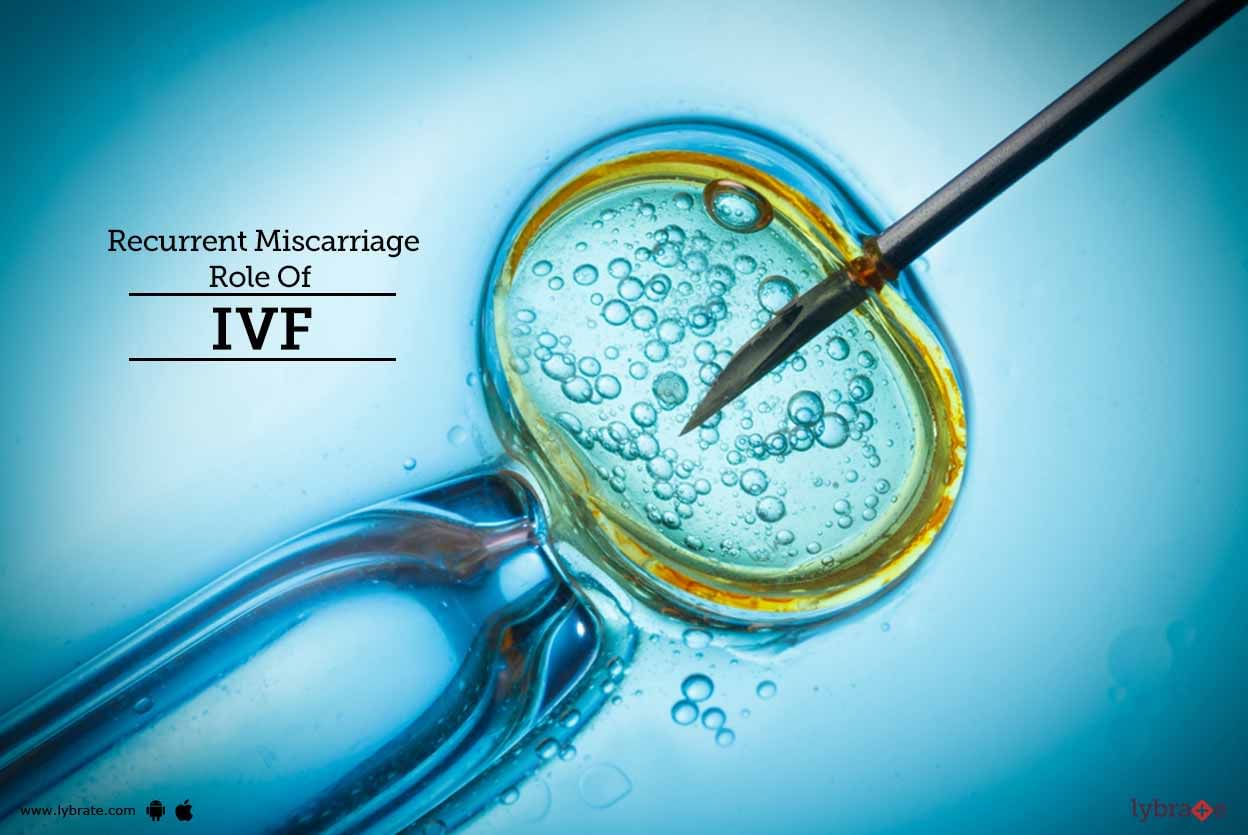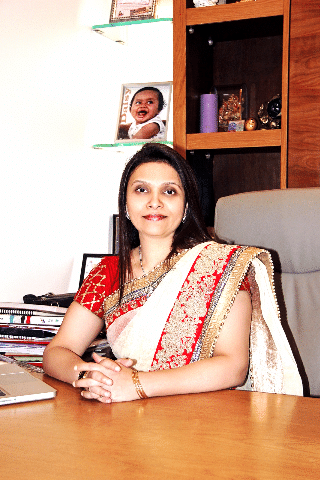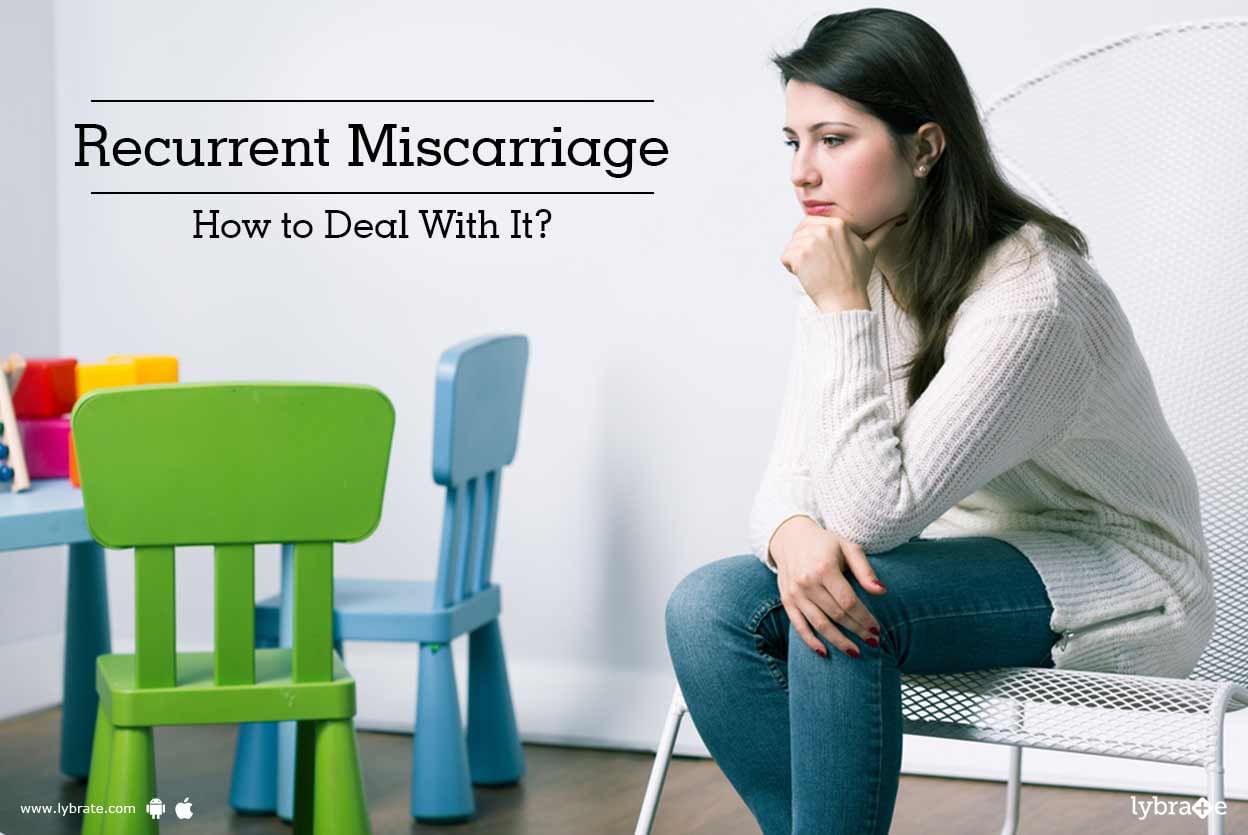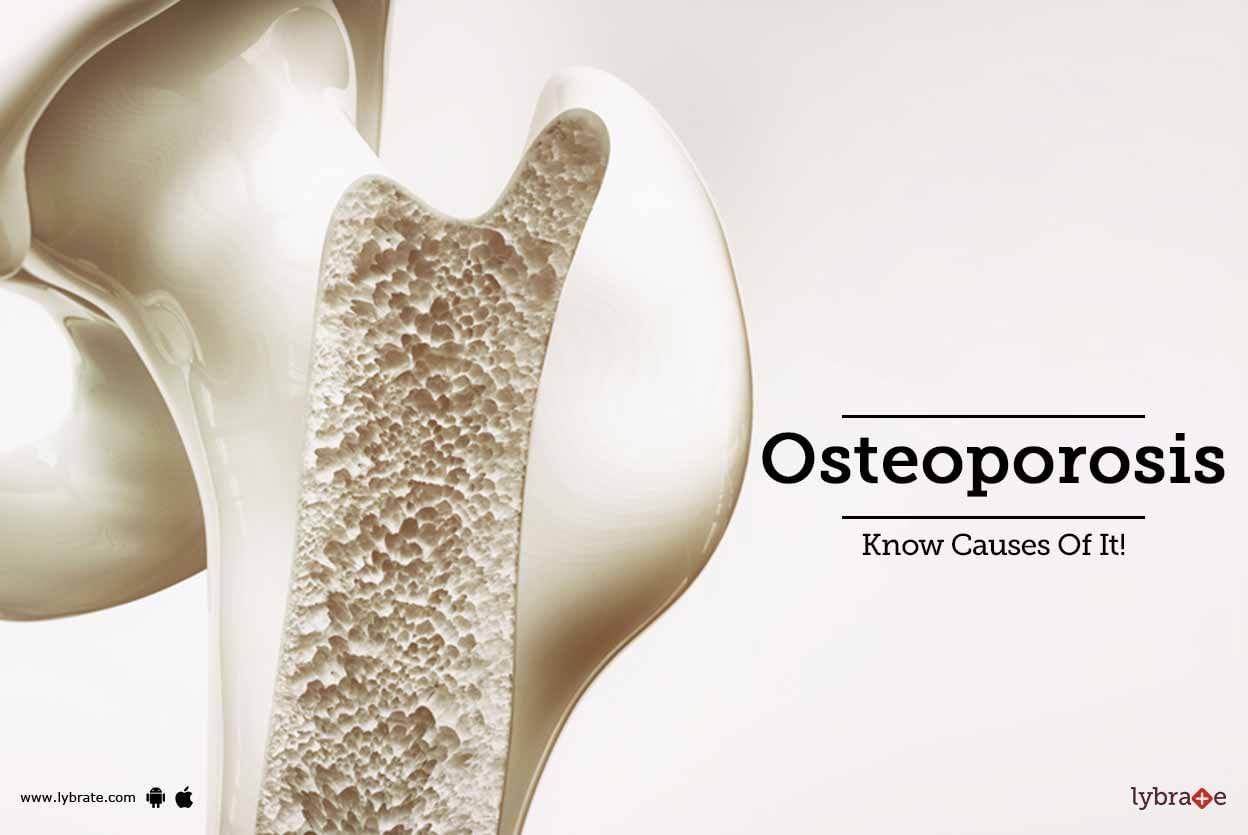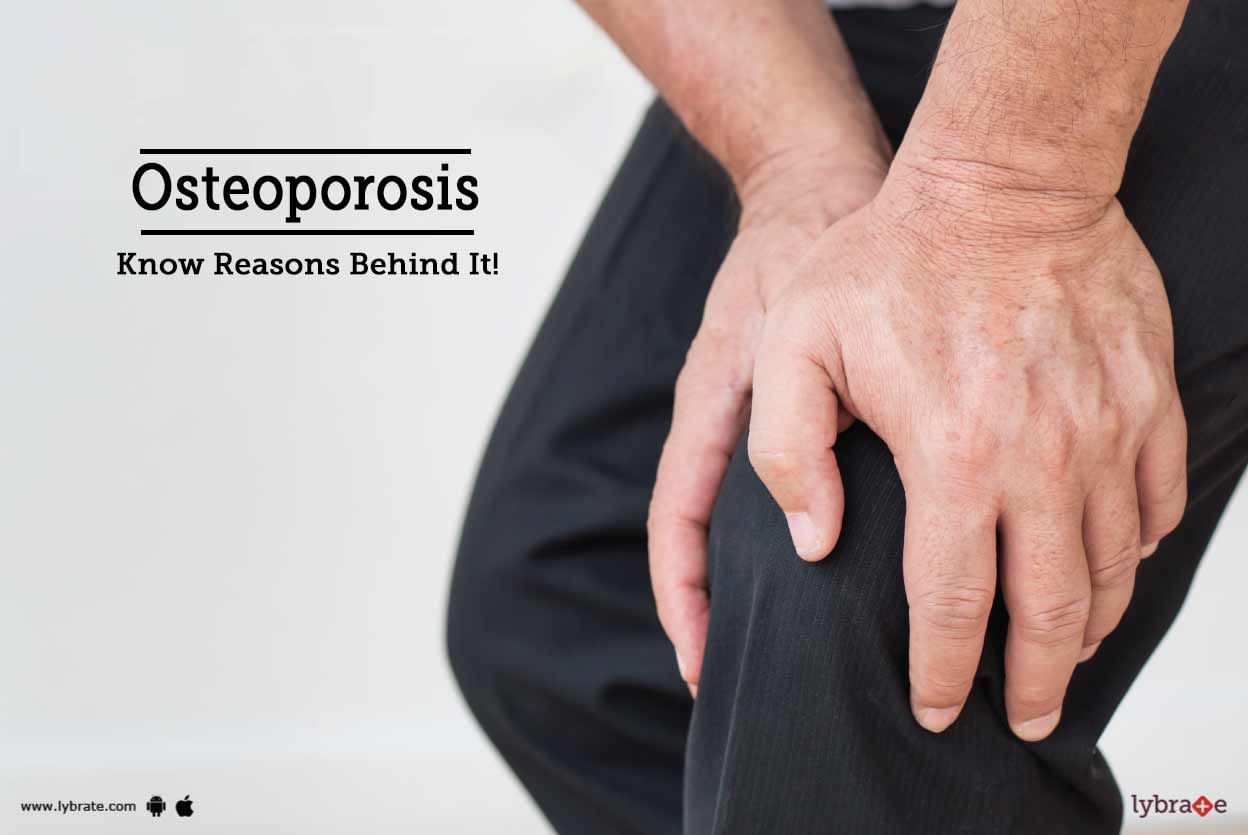Get the App
For Doctors
Login/Sign-up
About
Health Feed
AllQ&AsTips
THROMBOTROY QPS SOLUTION Health Feed
Asked for male, 28 years old from Coimbatore
Share
Bookmark
Report
Hello lybrate-user
the issue of recurrent pregnancy losses can be due to multiple reasons.
Since you say that the issue as pointed out by your doctor is due to blood clotting. It is likely that your wife may have apla (anti phospholipid antibody syndrome).
It is beneficial if you get a apla profile test done which includes:(lupus anticoagulant, beta 2 microglibulin, and anti phospholipid antibody. According to the test report she can be started on heparin.
It is important that th...more
the issue of recurrent pregnancy losses can be due to multiple reasons.
Since you say that the issue as pointed out by your doctor is due to blood clotting. It is likely that your wife may have apla (anti phospholipid antibody syndrome).
It is beneficial if you get a apla profile test done which includes:(lupus anticoagulant, beta 2 microglibulin, and anti phospholipid antibody. According to the test report she can be started on heparin.
It is important that th...more
Last Updated: 6 years ago• Featured Tip
Share
Bookmark
Report
If you lose a baby before 24 weeks of pregnancy, it is called a miscarriage. If this happens in the first 3 months of pregnancy, it is known as an early miscarriage. Unfortunately, early miscarriages are common, with 10 20 in 100 (10 20%) pregnancies ending this way. Late miscarriages, after 3 months of pregnancy but before 24 weeks, are less common: 1 2 in 100 (1 2%) pregnancies end in a late miscarriage. When a miscarriage happens three or more times in a row, it is called a recurrent miscarri...more
Last Updated: 6 years ago• Featured Tip
Share
Bookmark
Report
If you lose a baby before 24 weeks of pregnancy, it is called a miscarriage. If this happens in the first 3 months of pregnancy, it is known as an early miscarriage. Unfortunately, early miscarriages are common, with 10 20 in 100 (10 20%) pregnancies ending this way. Late miscarriages, after 3 months of pregnancy but before 24 weeks, are less common: 1 2 in 100 (1 2%) pregnancies end in a late miscarriage. When a miscarriage happens three or more times in a row, it is called recurrent miscarriag...more
Last Updated: 4 years ago• Featured Tip
Share
Bookmark
Report
What is recurrent miscarriage?
If you have three or more miscarriages in a row, doctors call it recurrent miscarriage. If you have experienced recurrent miscarriage, your GP or midwife will refer you to a gynaecologist. Your gynaecologist will try to identify the reason for your losses.
Having miscarriage after miscarriage may leave you feeling utterly drained of hope. At times, it may be hard to keep trusting in the future. This experience affects every aspect of a woman s lif...more
If you have three or more miscarriages in a row, doctors call it recurrent miscarriage. If you have experienced recurrent miscarriage, your GP or midwife will refer you to a gynaecologist. Your gynaecologist will try to identify the reason for your losses.
Having miscarriage after miscarriage may leave you feeling utterly drained of hope. At times, it may be hard to keep trusting in the future. This experience affects every aspect of a woman s lif...more
Last Updated: 6 years ago• Featured Tip
Share
Bookmark
Report
What is recurrent miscarriage?
If you have three or more miscarriages in a row, doctors call it recurrent miscarriage. If you have experienced recurrent miscarriage, your GP or midwife will refer you to a gynaecologist. Your gynaecologist will try to identify the reason for your losses.
Having miscarriage after miscarriage may leave you feeling utterly drained of hope. At times, it may be hard to keep trusting in the future. This experience affects every aspect of a woman s lif...more
If you have three or more miscarriages in a row, doctors call it recurrent miscarriage. If you have experienced recurrent miscarriage, your GP or midwife will refer you to a gynaecologist. Your gynaecologist will try to identify the reason for your losses.
Having miscarriage after miscarriage may leave you feeling utterly drained of hope. At times, it may be hard to keep trusting in the future. This experience affects every aspect of a woman s lif...more
Last Updated: 6 years ago• Featured Tip
Share
Bookmark
Report
What is recurrent miscarriage?
If you have three or more miscarriages in a row, doctors call it recurrent miscarriage. If you have experienced recurrent miscarriage, your GP or midwife will refer you to a gynaecologist. Your gynaecologist will try to identify the reason for your losses.
Having miscarriage after miscarriage may leave you feeling utterly drained of hope. At times, it may be hard to keep trusting in the future. This experience affects every aspect of a woman s lif...more
If you have three or more miscarriages in a row, doctors call it recurrent miscarriage. If you have experienced recurrent miscarriage, your GP or midwife will refer you to a gynaecologist. Your gynaecologist will try to identify the reason for your losses.
Having miscarriage after miscarriage may leave you feeling utterly drained of hope. At times, it may be hard to keep trusting in the future. This experience affects every aspect of a woman s lif...more
Last Updated: 6 years ago• Featured Tip
Share
Bookmark
Report
What is recurrent miscarriage?
If you have three or more miscarriages in a row, doctors call it recurrent miscarriage. If you have experienced recurrent miscarriage, your GP or midwife will refer you to a gynaecologist. Your gynaecologist will try to identify the reason for your losses.
Having miscarriage after miscarriage may leave you feeling utterly drained of hope. At times, it may be hard to keep trusting in the future. This experience affects every aspect of a woman s lif...more
If you have three or more miscarriages in a row, doctors call it recurrent miscarriage. If you have experienced recurrent miscarriage, your GP or midwife will refer you to a gynaecologist. Your gynaecologist will try to identify the reason for your losses.
Having miscarriage after miscarriage may leave you feeling utterly drained of hope. At times, it may be hard to keep trusting in the future. This experience affects every aspect of a woman s lif...more
Last Updated: 8 years ago• Featured Tip
Share
Bookmark
Report
What is recurrent miscarriage?
If you have three or more miscarriages in a row, doctors call it recurrent miscarriage. If you have experienced recurrent miscarriage, your GP or midwife will refer you to a gynaecologist. Your gynaecologist will try to identify the reason for your losses.
Having miscarriage after miscarriage may leave you feeling utterly drained of hope. At times, it may be hard to keep trusting in the future. This experience affects every aspect of a woman s lif...more
If you have three or more miscarriages in a row, doctors call it recurrent miscarriage. If you have experienced recurrent miscarriage, your GP or midwife will refer you to a gynaecologist. Your gynaecologist will try to identify the reason for your losses.
Having miscarriage after miscarriage may leave you feeling utterly drained of hope. At times, it may be hard to keep trusting in the future. This experience affects every aspect of a woman s lif...more
Last Updated: 6 years ago• Featured Tip
Share
Bookmark
Report
Osteoporosis in very simple terms is a condition that causes spongy bones. The bones develop pores and become fragile with an increased susceptibility to fractures. In average, all our bones get weak after the age of 35 years which means that the bone mass decreases. Women after menopause are especially susceptible to this condition and also osteoporotic fractures. What are the other risk factors for osteoporosis? Knowing this is important for your bone health as it will help to prevent fracture...more
Last Updated: 5 years ago• Featured Tip
Share
Bookmark
Report
Osteoporosis in very simple terms is a condition that causes spongy bones. The bones develop pores and become fragile with increased susceptibility to fractures. In average, all our bones get weak after the age of 35 years which means that the bone mass decreases. Women after menopause are especially susceptible to this condition and also osteoporotic fractures. What are the other risk factors for osteoporosis? Knowing this is important for your bone health as it will help to prevent fractures. ...more
Ask a free question
Get FREE multiple opinions from Doctors
posted anonymously









